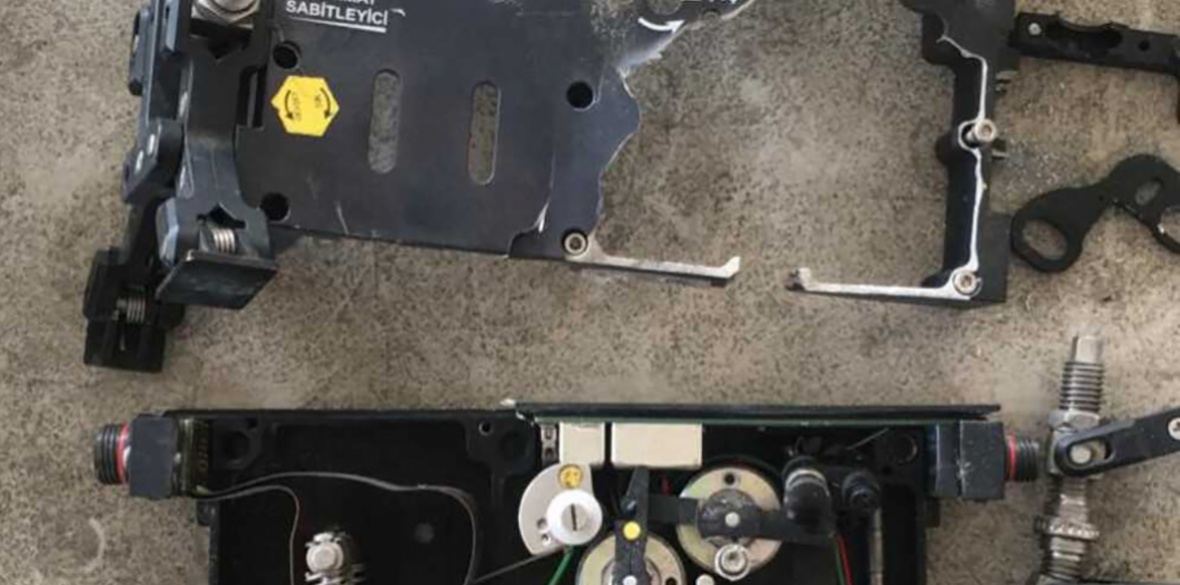This is the last article you can read this month
You can read more article this month
You can read more articles this month
Sorry your limit is up for this month
Reset on:
Please help support the Morning Star by subscribing here
CANADIAN anti-war campaigners have welcomed a government decision to cancel export permits to Turkey for drone technology because components had been “unlawfully diverted” for use in Nagorno-Karabakh.
Foreign Affairs Minister Marc Garneau said on Monday that the government had acted after a review found “credible evidence” that Canadian-made components had been used by Azerbaijan during the six-week conflict late last year.
“This use was not consistent with Canadian foreign policy, nor end-use assurances given by Turkey,” he said.
Mr Garneau said he had spoken to his Turkish counterpart Mevlut Cavusoglu to try to build greater co-operation on export permits.
“Turkey is an important Nato ally, and applications related to Nato co-operation programmes will be assessed on a case-by-case basis,” he said.
Project Ploughshares spokesman Cesar Jaramillo said the announcement was welcome, “even if it has been months since it became clear that Canadian arms exports were being unlawfully diverted to Nagorno-Karabakh.
“Importantly, it was civil society and the media who identified these instances of diversion, not the Canadian government.
“This raises questions about the effectiveness of post-export verification mechanisms at Ottawa’s disposal,” he said.
“Would Canada still be exporting weapons technology to Turkey had the government not been alerted about its misuse?”
The anti-war group had raised concerns last year over the use of the drone technology manufactured by L3Harris Wescam, the Canadian subsidiary of US defence company L3Harris, in a number of conflicts.
Earlier this year British-based company Andair Ltd stopped the supply of fuel pumps to Turkey after images revealed how they had been used on the Bayraktar TB-2 drone in Nagorno-Karabakh.
And the Morning Star reported how multinational arms manufacturer Edo MBM has continued the clandestine sale of the Hornet micro-munition bomb rack to Turkey, despite a string of public denials.
This technology, patented in 2014, is described as the “intelligent hand” that ensures that the missiles fired from an armed drone reach its target co-ordinates, allowing for precision bombing.
Turkey has been accused of war crimes through its use of drones to carry out targeted executions, including three women from the Kongreya Star organisation who were killed in strikes on their homes in Kobane, northern Syria, last summer.
Canada previously suspended arms sales to Turkey in October 2019 after Ankara launched an illegal invasion of the region.











